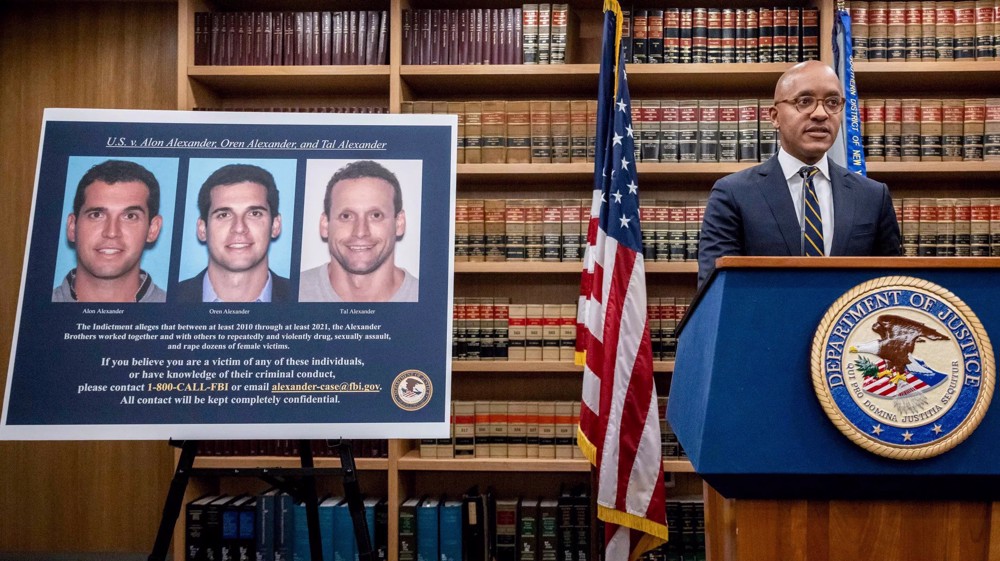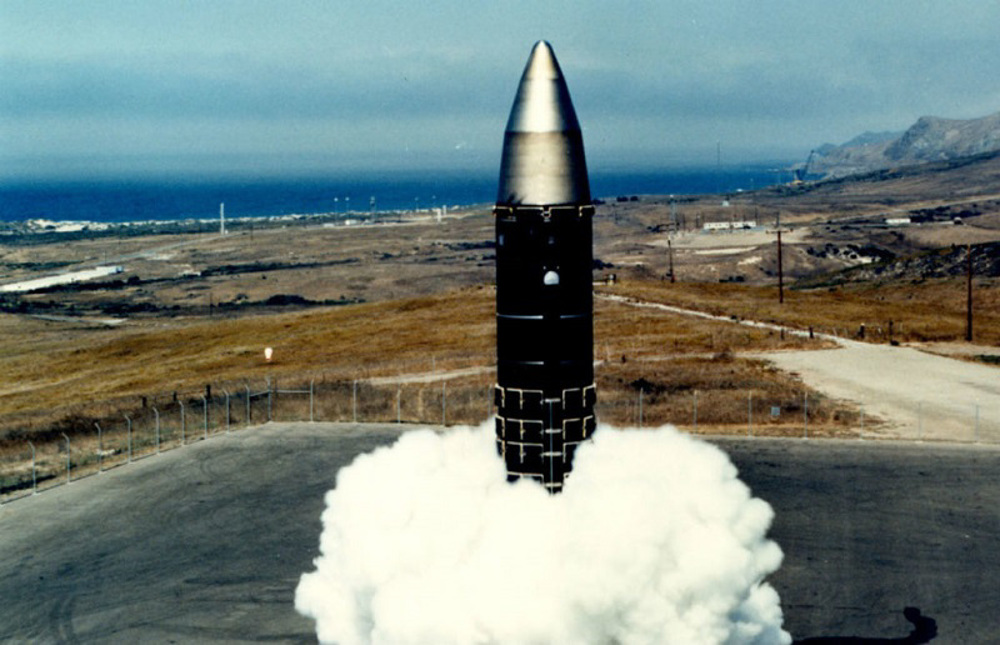Trump’s coronavirus downplaying, complacency to blame for crisis: Analyst
US President Donald Trump’s downplaying of containment measures as well as complacency in dealing with the new coronavirus pandemic culminated in political and economic ramifications in the United States as the flu-like pathogen continues to take heavy toll in the country, an analyst says.
Eric Feigl-Ding, epidemiologist and health economist from Washington, made the remarks during a Friday edition of Press TV’s The Debate program while commenting on the economic and political consequence of the coronavirus spread in the United States and the Trump administration’s ineffective response to the pandemic.
The number of fatalities due to the coronavirus keeps rising in the US, with the total death toll standing at more than 17,000 and that the country has now nearly 30 percent of the total global infections. Sixteen million Americans have also lost their jobs in the past three weeks despite decisions by the US congress and Federal Reserve to support the economy through 4.3 trillion dollars stimulus package.
“Trump and many other conservative news commentators all downplayed it, calling it the corona flu, that it will go away, it’s just one person, it’s just a few people, and everything will turn into normal. All that has not come true and it has become actually the exact opposite,” Feigl-Ding told Press TV on Friday.
“So, I think this early downplaying also set in complacency. Complacency is actually what kills in this epidemic because not doing anything actually feeds the epidemic even further,” he added.
Elaborating on the huge and devastating hit that the pandemic has on the US economy and the citizens’ lives, Feigl-Ding said, “Americans don’t have a buffer unlike many other countries in terms of savings. Most Americans only have savings enough to last on average two weeks and we are well two weeks beyond our lockdown; so I think America right now really suffers.”
The United States on Friday became the first country to record more than 2,000 coronavirus deaths in one day, with 2,108 fatalities in the past 24 hours, according to the Johns Hopkins University tally.
The US has now recorded over 18,680 deaths and is closing in on the toll of 18,850 dead in Italy, which has seen the most fatalities so far in the global pandemic.
America is also approaching half a million confirmed cases of Covid-19, with 501,000 as of Saturday morning an increase of 35,098 in the past 24 hours.
Richard Werner, banking and development economist from Florida, was the other panelist invited to The Debate program, who described the shutdown of the US economy over the pandemic as a “disaster” only comparable to the 1930s Great Depression.
Werner denounced the US stimulus package as “another insider looting program” and said the economy shutdown “affects small firms, small shops, small service companies, one-man bands, sole traders, many restaurants, whole catering and hotel industry.”
Trump says he wants to reopen the country by next month despite concerns from both economists and health experts who assert that reopening the country prematurely could severely reverse some of the progress the country has made in battling the coronavirus.
US officials have warned Americans to expect alarming numbers of coronavirus deaths this week.
Moreover, the White House is seeking to deflect criticism of its own sluggish response to the COVID-19 crisis by putting too much emphasis on the virus’s likely origins in China, with Trump and other US officials, including Secretary of State Mike Pompeo, referring to the coronavirus as the “Chinese virus.”
There have been nearly 1.7 million confirmed cases of infection across the world, with the death toll topping 100,000 on Friday.
Relentless Israeli ceasefire violations justify need for self-defense: Lebanese MP
Tel Aviv tells Damascus Israeli forces will remain in occupied territory: Report
Dec. 22: ‘Axis of Resistance’ operations against Israeli occupation
‘Abhorrent’: Oxfam says only 12 trucks delivered aid in North Gaza since Oct.
VIDEO | Leader receives religious eulogists on Hazrat Fatima birth anniv.
Pope Francis slams Israel’s ‘machine-gunning’ of Gaza children
US hostage-taking of Iranian nationals violation of intl. law: Deputy FM
VIDEO | Carol Singers for Palestine on London’s Parliament Square












 This makes it easy to access the Press TV website
This makes it easy to access the Press TV website